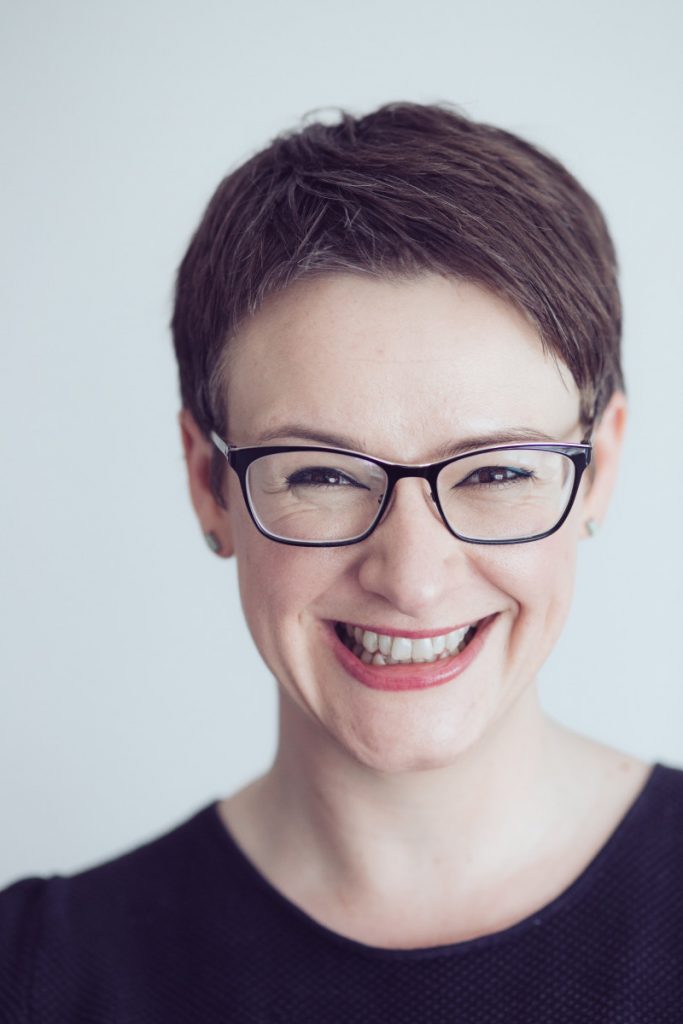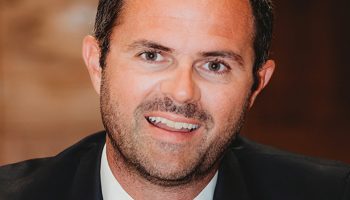Coping mechanisms are a necessary part of life. Some are positive, some may be negative; nonetheless, they exist so people can deal with bad news, shortcomings or negative, depressing feelings.
An international best-selling author, Katherine May has written about her own experience with a midlife diagnosis of autism; her most recent book is Wintering: The Power of Rest and Retreat in Difficult Times.
She will give her lecture, titled, “Baking Bread in the Dark: Why Our Winters Replenish Us,” at 2 p.m. Friday, Aug. 5 in the Hall of Philosophy to close Week Six of the Interfaith Lecture Series, “Embracing the Dark: Fertile Soul Time.”

Her chosen specialized subject, as with most of the other Interfaith Lecturers this week, is the poem “Dark Night of the Soul,” by 16th-century Spanish mystic St. John of the Cross. May said she wants to make people think about how they work through suffering and struggling in their lives.
“We often tend to do gentle, soothing work and I’m using baking as an example,” May said, “and how that helps us to process our feelings and sort of aids us in that process of transformation.”
There’s a literal connection to Cross’ poem in waking up in the light after a dark time, she said, but the process of being able to get up and go on with life is something a lot of people struggle with. There’s also the metaphorical process of ruminating over problems, depression, anxiety — and the externalizing of these feelings can help normalize these experiences.
“I think that (these feelings) are a really regular occurrence for loads of us. They’re really ordinary, and we tend to keep them secret and be embarrassed about them,” May said. “So in lots of ways, it’s about externalizing that very ordinary thing.”
She said she wants people to take a fresh perspective on their own lives, something she explores in her book, Wintering, so they can reflect on their lives and dark times, and create a sense of community rather than isolation.
“We feel it in our bodies, and it’s better to solve it that way than to try and talk ourselves out of it,” May said.
Baking is something May often finds herself doing when she is unwell, mentally or physically, as she uses the steps of baking to unload sensory complications in a way that makes sense to her.
There’s a scene in Wintering where May finds herself very sick and can’t go to work, so she decides to bake bagels to soothe herself. She can’t get the bagels to rise, and after 24 hours of trying different things, she realizes the yeast she used is over 10 years old.
“That speaks to how sometimes when we’re busy, we don’t maintain the basics. We don’t look after ourselves,” May said.
Her writing is something she always comes back to, and she said the best part of her work is getting to make an end product that she can see all the way through.
“I love being involved in every aspect of the project. It’s just very rewarding, even when it’s sometimes frustrating and terrifying and awkward and difficult,” May said.
Sharing her expertise and knowledge with others is something else she enjoys. She works with adults and children in workshops and retreats where they can go through the processes of change to reflect and think about where they’re headed next. But, she said she has a disdain for not being able to help induce change where it is so desperately needed.
“In America, everything’s underfunded, everything’s under a huge amount of pressure, everything’s understaffed, so the frustration builds up for me,” May said. “I always feel like I’m fighting fires rather than thinking about the bigger structures, and that’s where I always want to go.”
May said when she doesn’t feel like she can finish a project or write something, she lets that speak to her more than the inability to complete it.
“That normally tells me that I’m kind of bored or that I haven’t fed myself enough,” May said. “It tells me that I’ve emptied all my words out, and I need to go and find some inspiration for some new ones.”
Some ways she does this are reading someone else’s work, going for a walk or visiting a museum. She sometimes will even interview someone to gain inspiration for her own writing.
“(Creative writers) often need to go off and make space to think. … That’s when the block comes, when we don’t have any more ideas because we haven’t made space for them,” May said. “I always take the pressure off myself and try and find something interesting to do or think about, and it always helps.”




